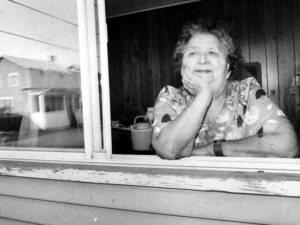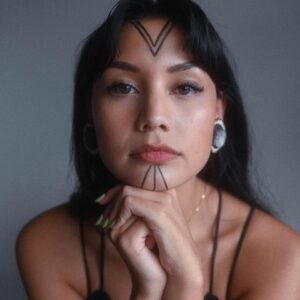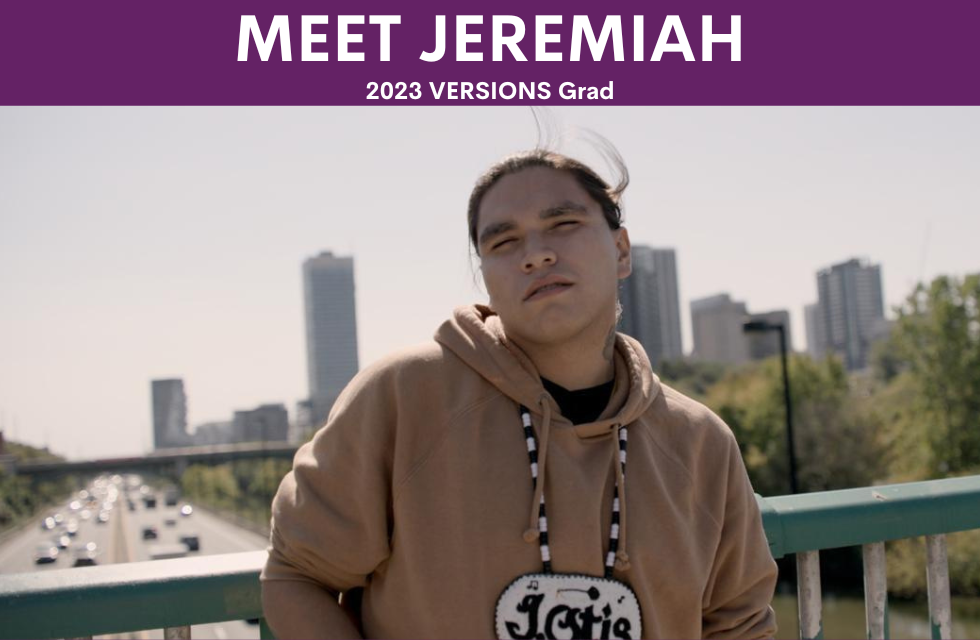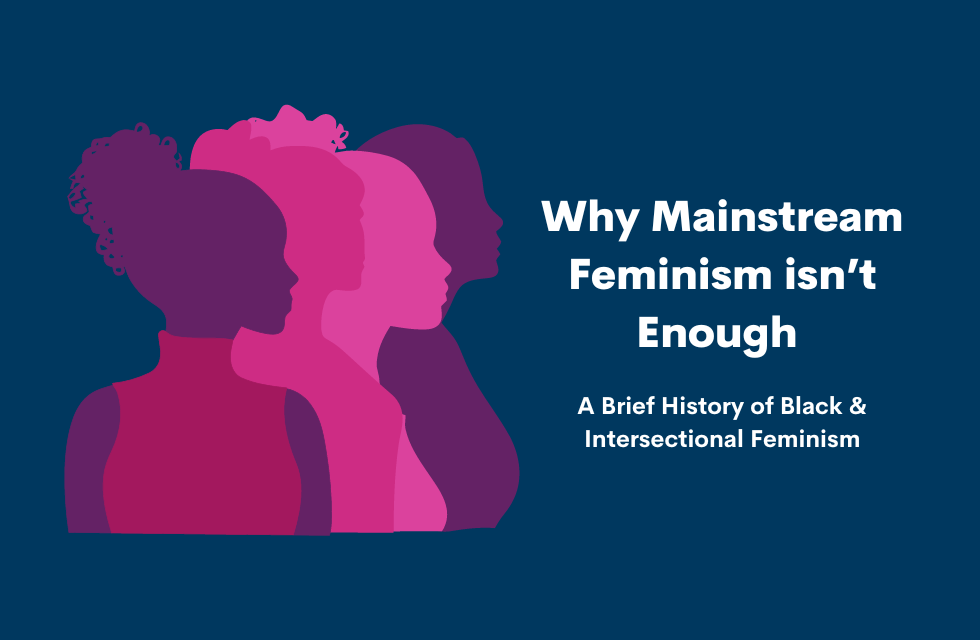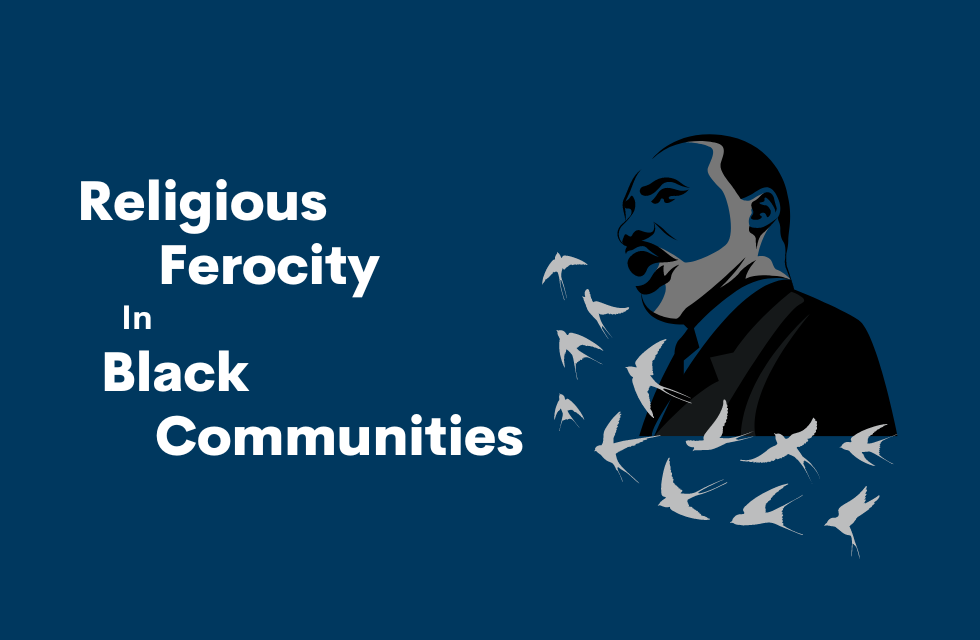In this series, we're highlighting our VERSIONS Alumni. You'll learn about their transformative journeys with…
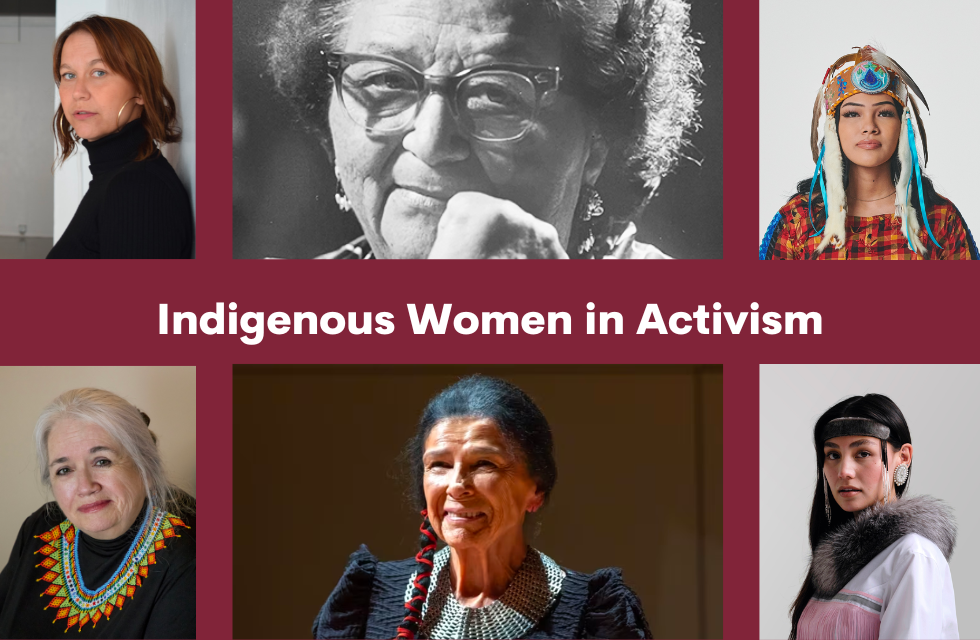
Indigenous Women in Activism
Despite comprising only about 6% of the global population (largely thanks to colonization), Indigenous people total approximately 476 million people across 90 countries and play a crucial role in conserving over 80% of the Earth’s biodiversity. Their efforts include wildlife protection, clean water initiatives, and fighting environmentally damaging energy extraction practices. But many Indigenous activists fight for more than just the Earth—they fight for humanity, using film, literature, and song, among other mediums.
The global Indigenous community is diverse, knowledgeable and powerful, but they face oppression and systemic challenges at every turn. From higher rates of mortality, teenage pregnancy, and gender-based violence to obstacles in health care, education, and workplaces, the colonial systems built centuries ago still oppress people of Indigenous identities today. Indigenous women, in particular, bear the brunt of inequities and are forced to confront both racism and the patriarchy.
Indigenous Feminism
Delving into the hearts and minds of Indigenous women leaders, we uncover a unique form of feminism that goes beyond conventional definitions. Indigenous feminism, similar to Black feminism, goes a multitude of steps beyond conventional Western feminism, which historically centers and elevates white voices. With conventional feminism, colonial forces allot white women a platform to speak on behalf of all women—no matter their racialized experiences—oftentimes resulting in the exclusion or misrepresentation of entire groups. Indigenous feminism is unique because of the emphasis on decolonization, Indigenous sovereignty, and the human rights of Indigenous women and their families. It also extends into matters of sexuality and gender—exploring how these aspects of society shape Indigenous peoples’ lives. Some leading Indigenous feminist scholars, including people like Maile Arvin, Eve Tuck, and Angie Morrill, have argued that “settler colonialism has been and continues to be a gendered process.” Indigenous women are often more negatively impacted than men on a multitude of issues, including gender-based violence, poverty, and more. Indigenous feminism looks at how gender is embedded in broader power relations, including sexism, racism and colonialism, and how they work in collaboration with each other to reinforce oppression. By better understanding the interconnectedness of systemic oppressions, we can make strides toward healing and societal betterment.
As Indigenous women leaders and activists push for change in their communities and abroad, they must also grapple with the complex layers of being an Indigenous female leader. They face some of the biggest historical and modern-day societal and environmental atrocities. Their experiences have uniquely positioned them to bring forth some of the best, most innovative solutions to systemic, societal and environmental issues. In the face of colonialism, racism and sexism, Indigenous women are at the forefront of revolutions and helping to make the world a better place for all.
Let’s take a look at 6 Indigenous activists and how these women are changing the Canadian landscape:
Mary Two-Axe Early – Mohawk and Oneida activist (1911-1996)
Mary Two-Axe Earley, a Mohawk and Oneida women’s rights activist from Kahnawake reserve in Quebec, dedicated herself to advocating for a change to the discriminatory Indian Act after losing her Indian status upon marriage. Her efforts played a pivotal role in the passage of Bill C-31 in 1985, which eliminated gender discrimination in the Indian Act. This legislation introduced a new process allowing First Nations women to reinstate their Indian status.
Jamie Black – Métis creator of The Red Dress Project
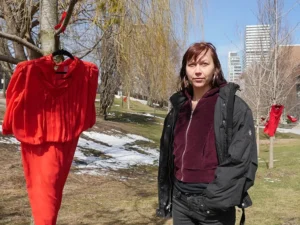 Jaime Black, a Métis artist based in Winnipeg, Manitoba, is renowned for creating the REDress project. Through an art composed of hanging red dresses in public spaces throughout Canada and the United States, Jaimie thrusts attention on Canada’s missing and murdered Indigenous women and girls. An astonishing 4,000 women and girls are estimated to have been missing or murdered between 1956 and 2016. Black describes the initiative as “calling back of the spirits of these women and allowing them a chance to be among us and have their voices heard through their family members and community.”
Jaime Black, a Métis artist based in Winnipeg, Manitoba, is renowned for creating the REDress project. Through an art composed of hanging red dresses in public spaces throughout Canada and the United States, Jaimie thrusts attention on Canada’s missing and murdered Indigenous women and girls. An astonishing 4,000 women and girls are estimated to have been missing or murdered between 1956 and 2016. Black describes the initiative as “calling back of the spirits of these women and allowing them a chance to be among us and have their voices heard through their family members and community.”
Autumn Peltier – Anishinaabe Indigenous Rights Activist
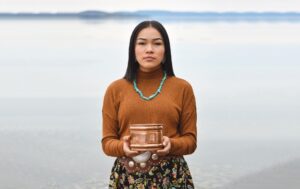 Autumn Peltier is focused on the sacredness and accessibility of clean water. Appointed Chief Water Commissioner by the Anishinabek Nation, she became a prominent voice on Canada’s water contamination issues and has spoken on the topic at the United Nations. Autumn began her activism journey at the age of 12 by calling out Justin Trudeau for his lack of support for clean water in Indigenous communities. Her advocacy led Trudeau to promise to “protect clean water” on a national stage, a promise she continues to hold him to.
Autumn Peltier is focused on the sacredness and accessibility of clean water. Appointed Chief Water Commissioner by the Anishinabek Nation, she became a prominent voice on Canada’s water contamination issues and has spoken on the topic at the United Nations. Autumn began her activism journey at the age of 12 by calling out Justin Trudeau for his lack of support for clean water in Indigenous communities. Her advocacy led Trudeau to promise to “protect clean water” on a national stage, a promise she continues to hold him to.
Michelle Good – Cree Author of 5 Little Indians and Truth Telling
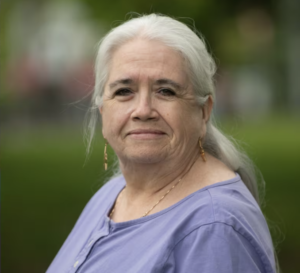 Michell Good, a Cree writer and a member of the Red Pheasant Cree Nation in Saskatchewan, uses literature to engage in critical conversations. Her first book, “5 Little Indians,” follows survivors of residential schools as they attempt to navigate life afterward. In “Truth Telling,” Good delves into contemporary issues Indigenous people currently face in Canada by weaving in her own experience and family’s legacy over seven personal essays. Her words evoke empathy in readers and help contextualize contemporary discussions about reconciliation, the emergence of Indigenous narratives and more through historical knowledge, essentially providing a resource to propel Indigenous and non-Indigenous Canadians into active change.
Michell Good, a Cree writer and a member of the Red Pheasant Cree Nation in Saskatchewan, uses literature to engage in critical conversations. Her first book, “5 Little Indians,” follows survivors of residential schools as they attempt to navigate life afterward. In “Truth Telling,” Good delves into contemporary issues Indigenous people currently face in Canada by weaving in her own experience and family’s legacy over seven personal essays. Her words evoke empathy in readers and help contextualize contemporary discussions about reconciliation, the emergence of Indigenous narratives and more through historical knowledge, essentially providing a resource to propel Indigenous and non-Indigenous Canadians into active change.
Shina Novalinga – Inuk Throat Singing
Shina Novalinga is a social media sensation. She uses her platform to revive Inuk Throat Singing, a once-banned cultural practice. Alongside her mother, she uses social media to preserve and share a heritage that was once attempted to be erased. Throat singing, previously seen as satanic, was only unbanned in the 1980s, and it has become a powerful tool for cultural preservation in Shina’s hands.
Alanis Obomsawin – Abenaki Nation storyteller
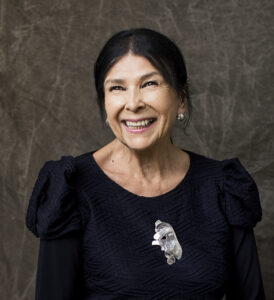
Alanis Obomsawin, a member of the Abenaki Nation, is a multifaceted figure: a filmmaker, singer, artist, storyteller and activist. Beginning as a singer in the 1960s, she transitioned to film, creating numerous works focusing on the challenges faced by Indigenous people. She was recognized with awards such as the Canadian Screen Awards’ Humanitarian Award and utilizes her platform to amplify Indigenous voices and spotlight critical issues.
A Path Forward
The impact of Indigenous women in activism is tremendous. These women are among countless who have dedicated their lives to shaping a more equitable future—they illuminate a path toward justice and resilience. Their stories not only redefine the Canadian landscape but also spark vital conversations on issues ranging from missing and murdered Indigenous women to clean water accessibility and cultural preservation. But, it’s unfair to expect them to bear the weight of Indigenous activism alone. Already burdened with the weight of racism, sexism, and more, these issues can’t rest solely on their shoulders. They should be collective concerns, as their consequences extend beyond Indigenous communities. It’s a collective responsibility for all of us to educate ourselves on and advocate for because issues that impact one community impact us all.


